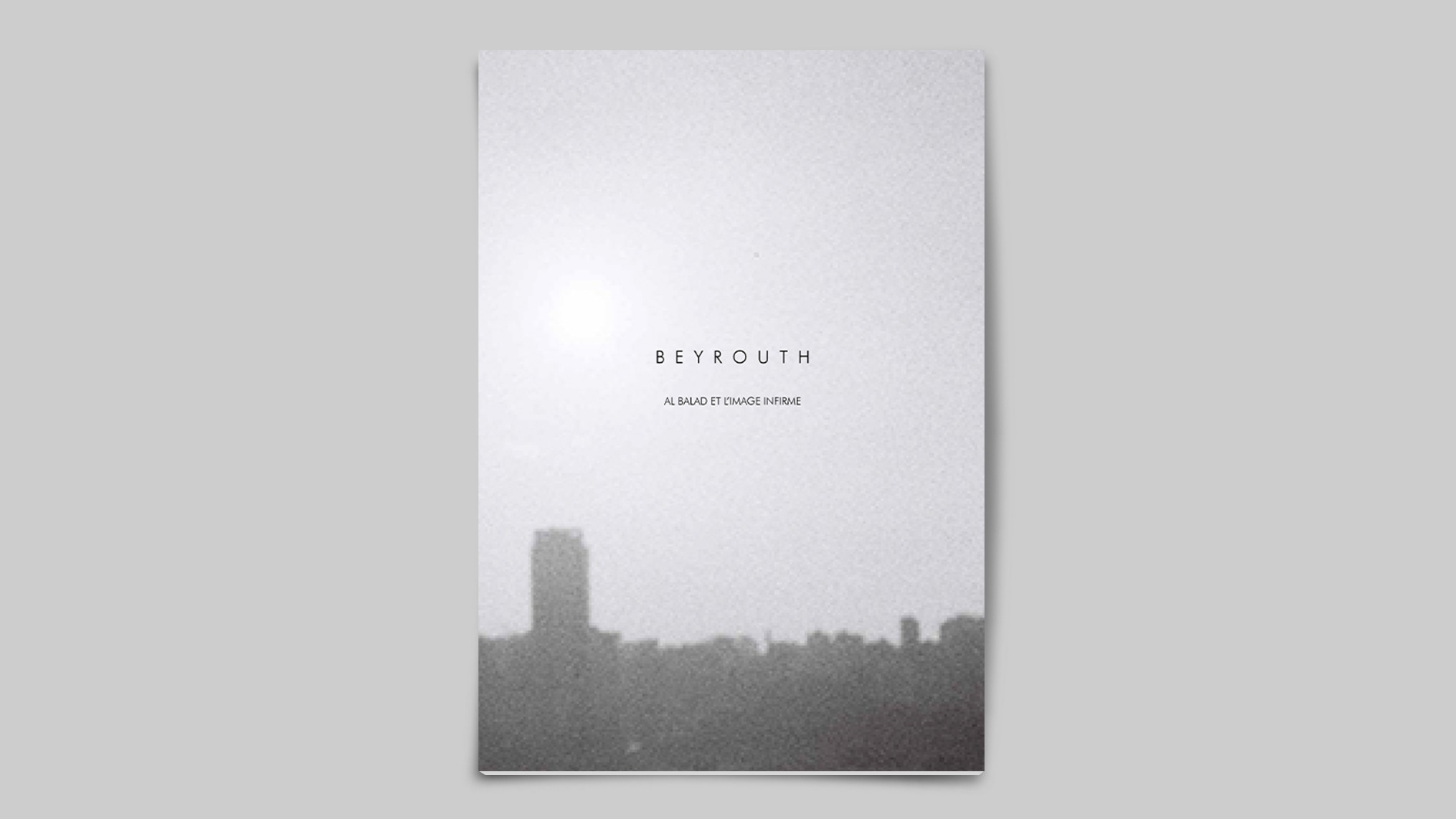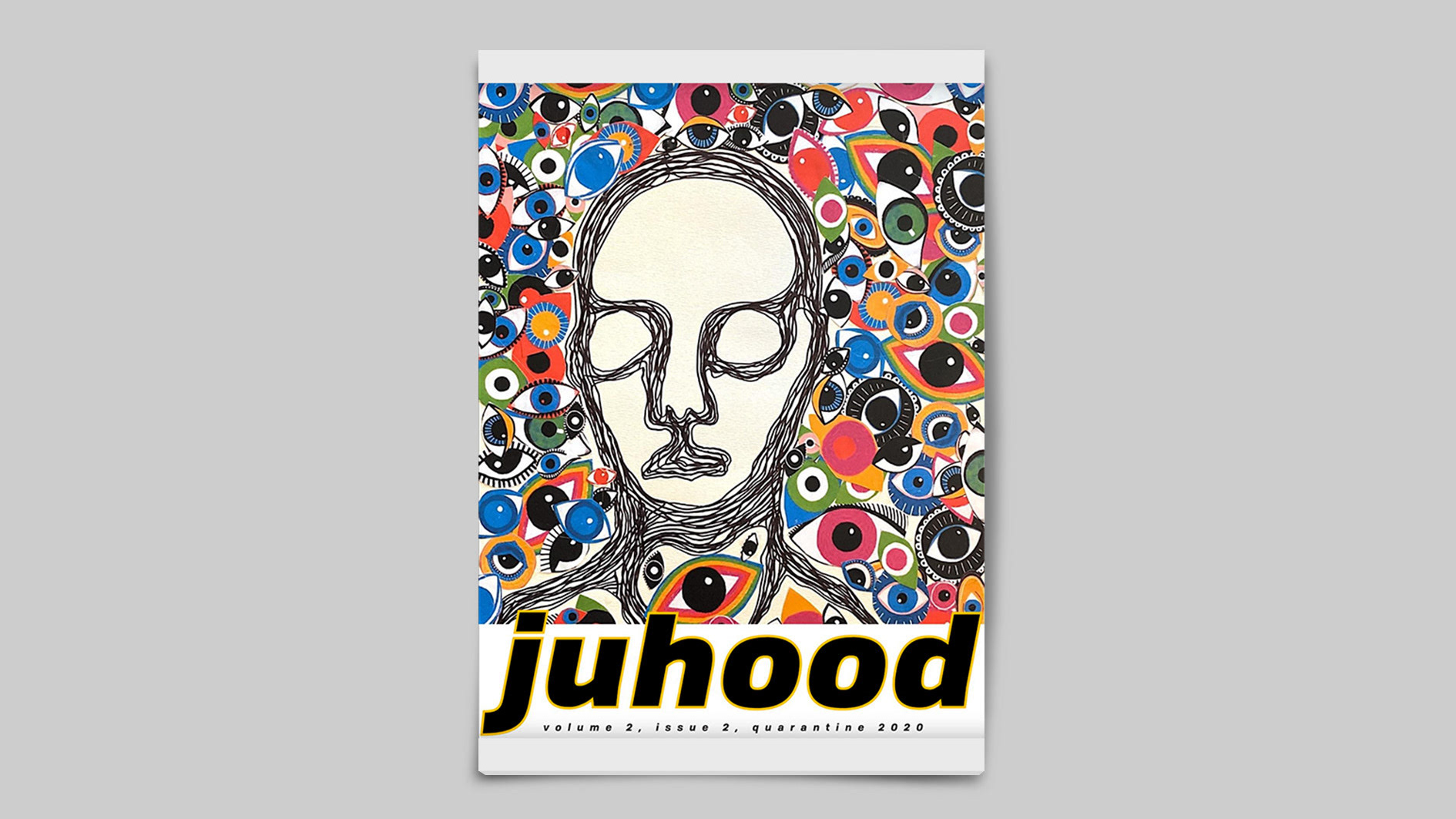Over the past few years, Lebanon has witnessed a transformation in the way communities are defined and understood.
This article explores the evolving notion of community in Lebanon, particularly in the wake of the October 2019 revolution and the aftermath of the Beirut explosion. Historically tied to sectarian identity and geographic boundaries, the concept of community has been challenged and reshaped through moments of collective action and crisis. Drawing on Jean-Luc Nancy’s critique of community as inherently exclusionary and Chantal Mouffe’s theory of agonism, the research highlights how tensions and disagreements are not obstacles to unity but essential components of a dynamic and democratic space. Rather than seeking to dissolve differences for the sake of consensus, Lebanon’s shifting landscape suggests that embracing plurality and open-ended dialogue is key to reimagining communal belonging.
🔗 Link to the full article : https://www.calameo.com/books/00787418337a621e89f4a

